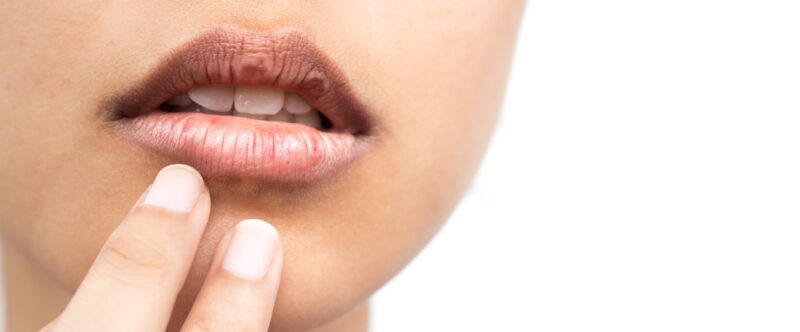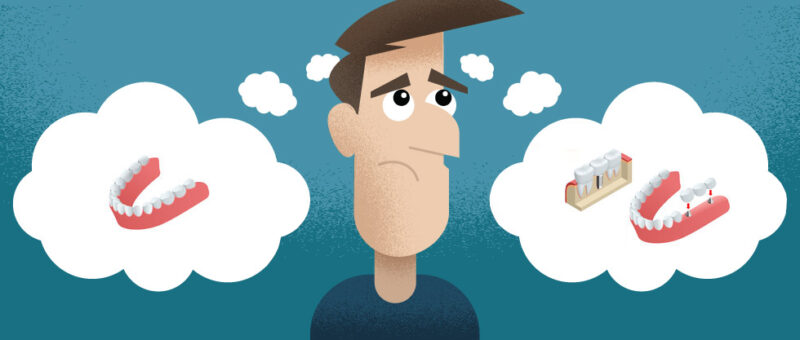Also known as xerostomia, dry mouth is a condition where your salivary glands aren’t able to produce enough saliva to properly lubricate the mouth. This causes your mouth to feel constantly parched, which can be quite uncomfortable. It can also cause other symptoms such as bad breath, cracked lips, or a dry throat.
The average person doesn’t really understand the impact that saliva has on several daily bodily functions. It is a major defense that helps maintain good oral health, protect the mouth against gum disease, and prevent tooth decay. Saliva is also a necessary part of your digestive system because it helps moisten and break down food.
Dry mouth on its own isn’t a serious ailment, but it could be a symptom of another underlying medical condition that needs your attention. If you think you have dry mouth, keep reading to learn more about the causes, symptoms, and treatment of it.
Causes of Dry Mouth
There are many things that could cause dry mouth, but it’s most often caused by dehydration. Some conditions, such as diabetes, could also be affecting your saliva production, so if you suffer from it or any other similar conditions, consult with your doctor.
Additionally, dry mouth can be caused by:
- Stress
- Anxiety
- Aging
- Smoking tobacco
- Using marijuana
- Breathing through your mouth
- Taking certain medications
- Undergoing radiation therapy on your head or neck
- Certain autoimmune disorders, such as lupus
Symptoms of Dry Mouth
We mentioned a few symptoms above, but below is a comprehensive list of the symptoms you may experience if you have dry mouth.
- Dryness or a feeling of stickiness in your mouth
- Saliva that seems thick and stringy
- Bad breath
- Difficulty chewing, speaking, and swallowing
- Dry or sore throat and hoarseness
- Dry or grooved tongue
- A changed sense of taste
- Problems wearing dentures
Remedies for Dry Mouth
Luckily, dry mouth is relatively easy to treat once you peg down the root cause of your symptoms. You can even use home remedies to mediate or treat your symptoms so your mouth can start to feel normal again.
- Sip water
- Suck on ice cubes
- Avoid alcohol, caffeine, and tobacco
- Limit your salt and sugar intake
- Use a humidifier when you sleep
- Take over-the-counter saliva substitutes
It’s also important to regularly brush and floss your teeth and to see your dentist at least once a year. This will help maintain your oral health, as well as prevent tooth decay and gum disease that can result from dry mouth.
When You Should Seek Medical Help for Dry Mouth
If you find that none of the treatments above are affecting your dry mouth symptoms, it may be time for you to see your dentist. Dry mouth is an uncomfortable condition that can lead to or be caused by some serious health problems, so if you think something is wrong, it’s better to get it checked out early to save yourself a world of pain.
If you’re in need of a dentist in the Winchester, MD area, give Dr. Imm and the All Smiles Care team a call today! We’re able to treat your dry mouth in an easy and painless way so you’ll be able to get your life, and oral health, back on track.


